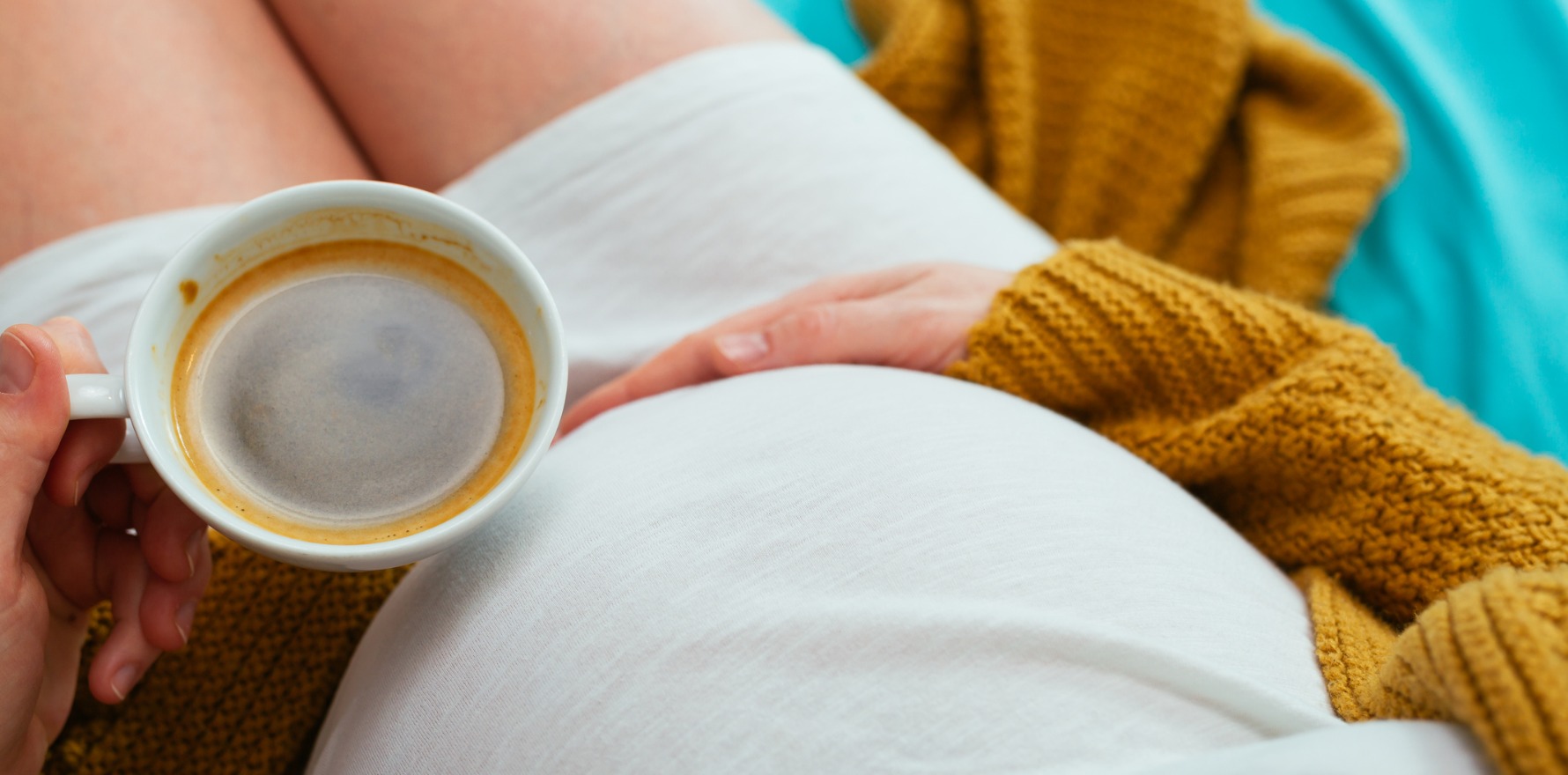New work suggests the benefit of quitting coffee in pregnancy is real and not confounded by nausea.
Along with sushi, soft cheeses and sauvignon blanc, coffee should be completely off the menu for pregnant women, new research suggests.
A review, recently published in the BMJ Evidence-Based Medicine journal, found that not only was maternal caffeine consumption associated with a range of negative pregnancy outcomes, there was also no threshold of consumption below which associations with negative outcomes were absent. So even the current Australian guidelines that state pregnant women can safely consume less than 200 mg of caffeine daily are wrong, according to these latest findings.
“Maternal caffeine consumption is reliably associated with miscarriage, stillbirth, low birth weight and/or small for gestational age, childhood acute leukaemia and childhood overweight and obesity but not preterm births,” the review authors said.
The review involved an analysis of a wide range of both observational studies and meta-analyses investigating the effects of caffeine on pregnancy outcomes conducted over the past 20 years. Of the observational studies, 32 found caffeine significantly increased the risk of negative pregnancy outcomes, while 10 reported no or an equivocal association. And in terms of the meta-analyses, all 14 were unanimous in reporting a significant caffeine-related increased risk of harm.
Of course there is always the caveat with observational studies in particular, that it is difficult to differentiate between an ‘association’ and true ‘cause and effect’. As the review authors suggest, nausea in pregnancy is associated with favourable pregnancy outcomes and generally women with nausea tend to go off coffee so could we be implicating coffee by mistake? Apparently not. The majority of studies report the risk is directly proportional to the amount of caffeine consumed, whereas if it were an association it should be more of an all or nothing effect.
“[The likelihood of causation (rather than mere association) is supported by the many reports of observed dose-response relationships between the amount of caffeine consumed during pregnancy and the risk of negative pregnancy outcomes,” they said.
And physiologically it makes sense, the researchers suggest. We know caffeine readily crosses the placenta and concentrations in the fetal circulation will be similar to those in the maternal circulation, however the caffeine clearance rate is slower in the fetus than in an adult. Caffeine has an anti-somnolent effect, causes constriction of cerebral and coronary blood vessels, and renal diuresis. In pregnancy, caffeine will also cause placental vasoconstriction and increase fetal heart rate. There is also evidence of withdrawal symptoms occurring in newborn infants of caffeine-consuming mothers.
All in all the researchers are quite definitive in their warning against pregnant women consuming any caffeine, and are critical of the majority of current guidelines which suggest daily consumption of less than 200g as safe.
“Current health recommendations concerning caffeine consumption during pregnancy are in need of radical revision,” the review authors stated.
Basically, caffeine should be off the menu completely.
“The cumulative scientific evidence supports pregnant women and women contemplating pregnancy being advised to avoid caffeine,” they concluded.
This piece was originally published at Healthed.


